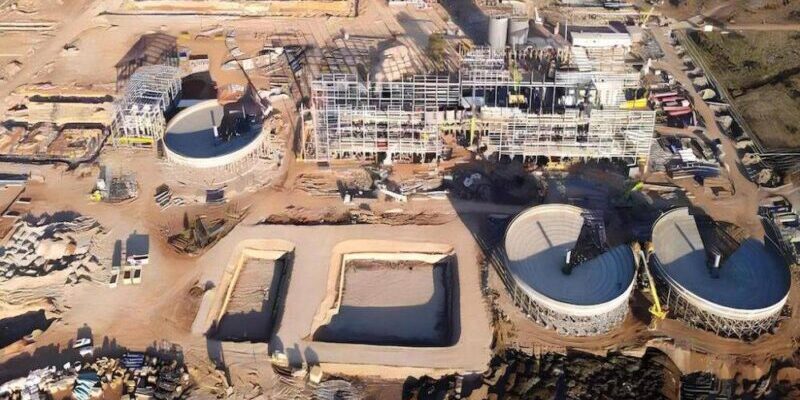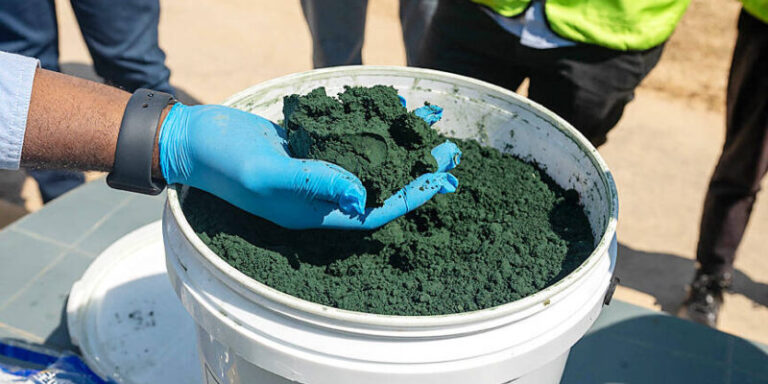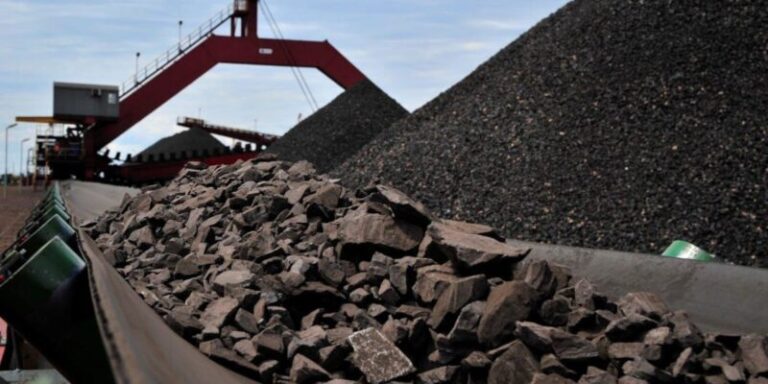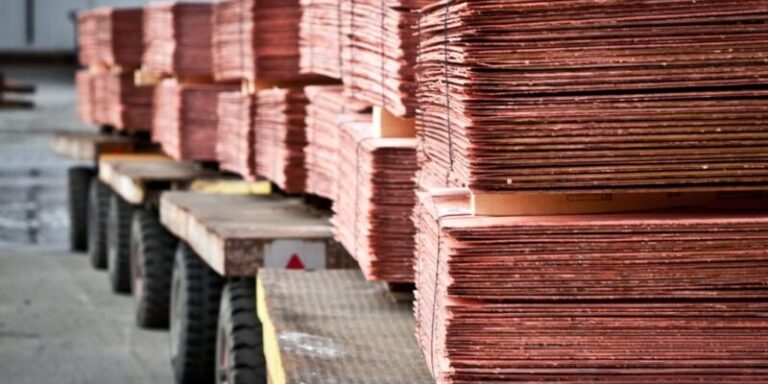
Bikita Minerals, Zimbabwe’s largest lithium mine, faced accusations of polluting water sources in the southern Masvingo province and drawing unsustainably large volumes of water from Matezva Dam, a crucial resource for local residents.
Last year, the mine discharged an unknown effluent into Matezva Dam, which supports a nearby irrigation scheme and hundreds of families from the Gutu and Bikita districts.
The Environmental Management Agency (EMA) fined Bikita Minerals $5,000, the highest penalty for such offenses, and mandated the cleanup of the dam.
Lithium, a critical mineral for clean energy technologies, is in high demand for batteries used in phones, electric vehicles, and solar storage.
Zimbabwe boasts Africa’s largest lithium reserves and ranks among the top 10 lithium-producing countries globally. The government has banned the export of unprocessed lithium to promote local beneficiation programs.
However, these ambitions are of little concern to Farai Muchazaka, a fisherman from Murape village, who has struggled with the pollution of Matezva Dam.
“I used to get good catches, but now the fish are gone,” he lamented. Fellow fisherman Iverne Mapuzire concurred, noting the disappearance of fish from the dam.
Bikita Minerals, one of Africa’s top five lithium mines by output, holds the world’s largest known lithium deposit, approximately 11 million metric tons. The Chinese company Sinomine Resource Group acquired Bikita Minerals for $180 million in January 2022.
Milton Muusha, the Masvingo provincial head of EMA, stated that Bikita Minerals complied with the order to clean Matezva Dam.
The company was instructed to implement a pretreatment plant and an emergency holding pond to manage spills. Despite these measures, lab tests failed to identify the specific toxins in the effluent.
Bikita Minerals spokesperson Collins Nikisi denied the spillage was toxic, claiming the issue was quickly resolved and not harmful. However, he did not provide test results to support this claim.
Members of the Matezva irrigation scheme reported that their crops began rotting after the spillage, initially attributing the issue to a heatwave.
Emma Madakadze, secretary of the irrigation scheme, recounted, “We planted potatoes and beans but harvested nothing as the plants rotted. We realized the cause when we heard about the spillage.”
The irrigation scheme’s 50 members depend on the dam for year-round farming, selling their produce locally.
Elvis Mupinga, another member, expressed concerns about future water availability due to the mine’s high water usage.
Local resident Alfonce Zimindi observed that cattle were getting trapped in shrinking ponds as water levels dropped. “The mine is depleting the water, and this is becoming a crisis,” he warned.
Despite concerns, the Zimbabwe National Water Authority (Zinwa) defended Sinomine, stating that Matezva Dam holds sufficient water for all users. However, Zinwa did not share detailed water usage records, citing confidentiality.
EMA continues to monitor Bikita Minerals’ environmental practices, ensuring compliance with environmental impact assessment (EIA) standards. The agency acknowledged that unforeseen spillages had been addressed with corrective measures.
Sinomine’s strong ties with the government, which has banned raw lithium exports to prevent artisanal mining, were highlighted by President Emmerson Mnangagwa’s praise for the company’s investment in local processing plants.
Analysts criticized the preferential treatment given to Chinese investors, with Vivid Gwede noting Zimbabwe’s reliance on Chinese investment amid strained relations with Western nations.
Obert Bore from the Zimbabwe Environmental Law Association called for stricter penalties and compliance with environmental laws to protect local communities and ecosystems.
SOURCE:mg.co.za





